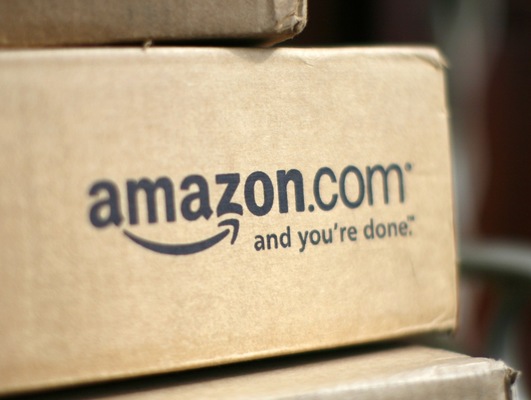A 2015 ‘Meaningful Brands‘ study by Havas Media reveals that the most Meaningful Brands can increase their Share of Wallet by seven times and on average gain 46% more Share of Wallet than their rivals.
Meaningful Brands – Havas‘ metric of brand strength – is the first global study to show how quality of life and wellbeing connects with brands at both a human and business level. It‘s unique in both scale – 1,000 brands, 300,000 people, 34 countries – and scope (12 industries). The research covers all aspects of how purchase choices relate to people‘s lives, including the impact on our collective wellbeing (the role brands play in our communities and the issues we care about), on our personal wellbeing (self-esteem, healthy lifestyles, connectivity with friends and family, making our lives easier, fitness and happiness) and marketplace factors, which relate to product performance such as quality and price.
Dominique Delport, Global Managing Director Havas Media Group summarises:
“Great marketing has a cumulative effect as it‘s shared – it naturally flows and gains momentum. We will only share ideas if brands do stuff that matters to us. We now look to brands for meaningful connections – big or small. By understanding this, our Meaningful Brands project becomes central to how brands communicate in this new organic world.
UK Top Meaningful Brands and sector trends: Retail and Consumer Products dominate
Havas Media Group‘s Meaningful Brands 2015 survey reflects profound shifts in UK attitudes and purchase intent towards brands in key economic sectors. Traditional or long established brand heritage does not guarantee the highest levels of meaningfulness. The results demonstrate that those established that strike a balance between brand marketing and relationship building across all touchpoints can remain competitive with the many newer entrants, notably those challengers re-shaping the digital and supermarket sectors.
In the UK, Retail remains the top performing sector in comparison with other sectors in terms of Meaningfulness and enhancing our quality of life. The findings reflect changing attitudes towards the Retail sector. Online retail giant Amazon secured the top slot in the UK Retail sector findings, followed by openly ‘ethical‘ retail heritage brands Marks & Spencer and John Lewis. Behind these three front-runners Aldi and Lidl perform extremely well, ahead of Tesco, Morrisons and Waitrose and rank in the top 10 brands in the UK overall. The drivers of meaningfulness in the category reflect the shifts in people‘s expectations: the range of factors that can drive meaningfulness come into play including healthy lifestyles, contribution to the environment and other quality of life factors.
Paul Frampton, CEO, Havas Media & Head of Clients & Strategy, Havas Media Group commented:
“Our Meaningful Brands study shows that it’s not enough for brands to focus on building brand equity alone; people want to connect their lives to brands that make it possible for us to live well and consume better, and that takes commitment to relationship building. Today‘s brand valuations are more likely to be built on customer loyalty than brand equity and we see that the ‘citizen consumer‘ believes this to be true too. Meaningful brands are not only likely to gain purchase preference, loyalty and share of expenditure they‘re also more trusted, even in brand agnostic markets like the UK and Germany. Seeing PayPal for example, shine as a top 10 Meaningful Brand in the UK versus traditional financial brands reflects this perfectly.
The fact that 64% of Brits would care if Amazon disappeared demonstrates its unique, holistic contribution to our quality of life. Our survey shows that bad press on tax policies (which Starbucks suffered for) has not damaged Amazon‘s success. Why? Because people believ




